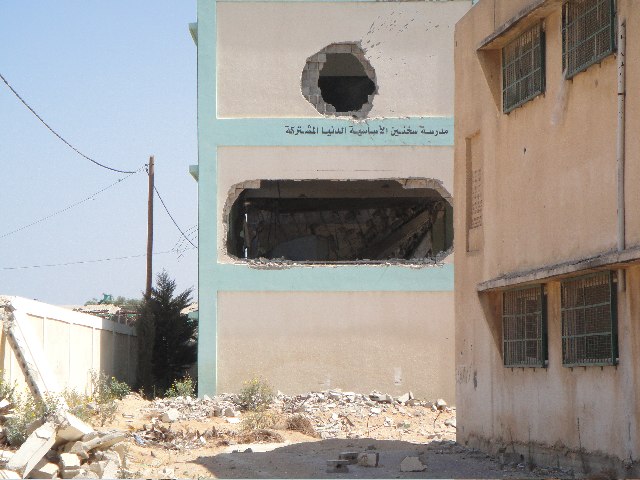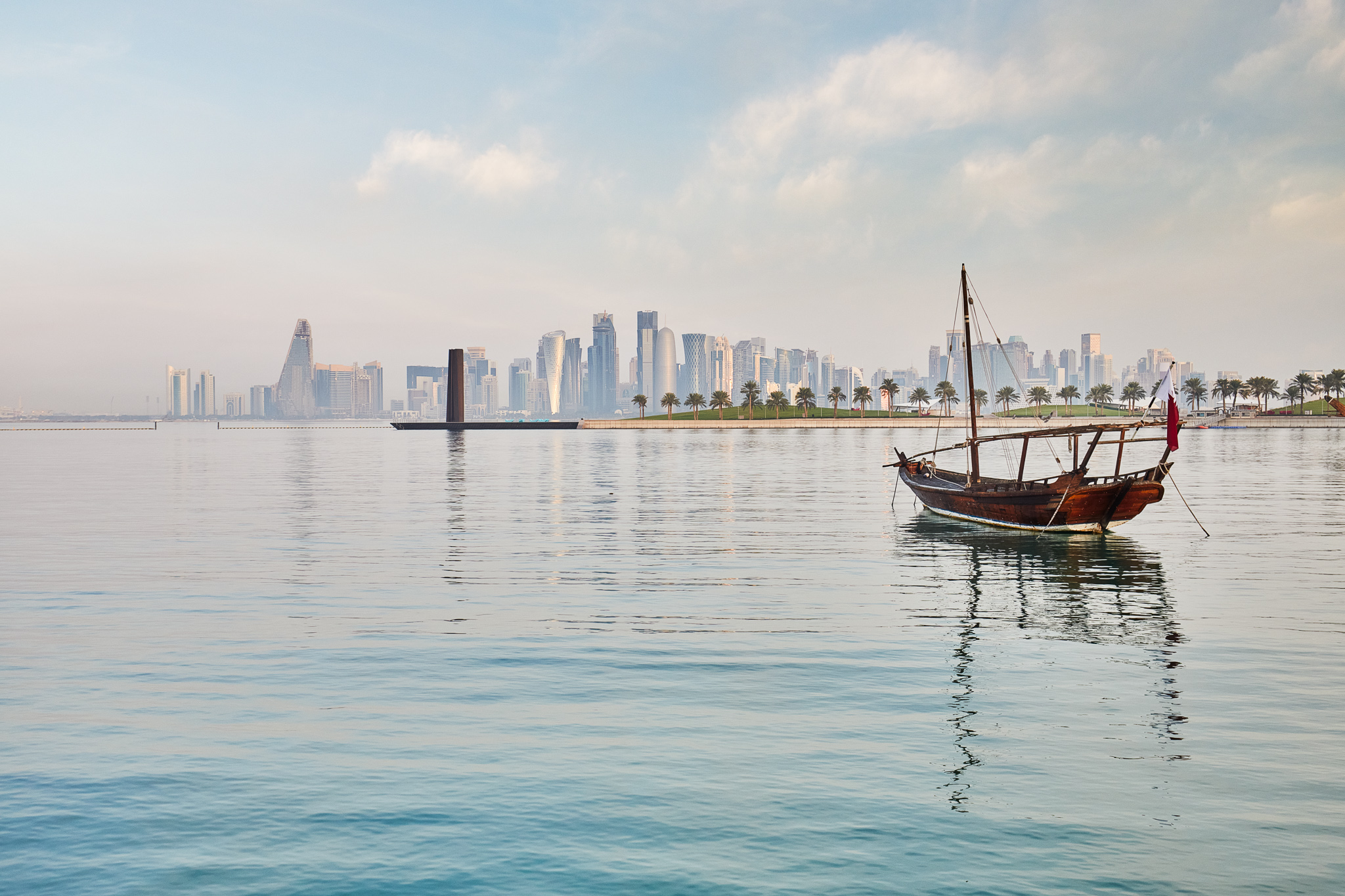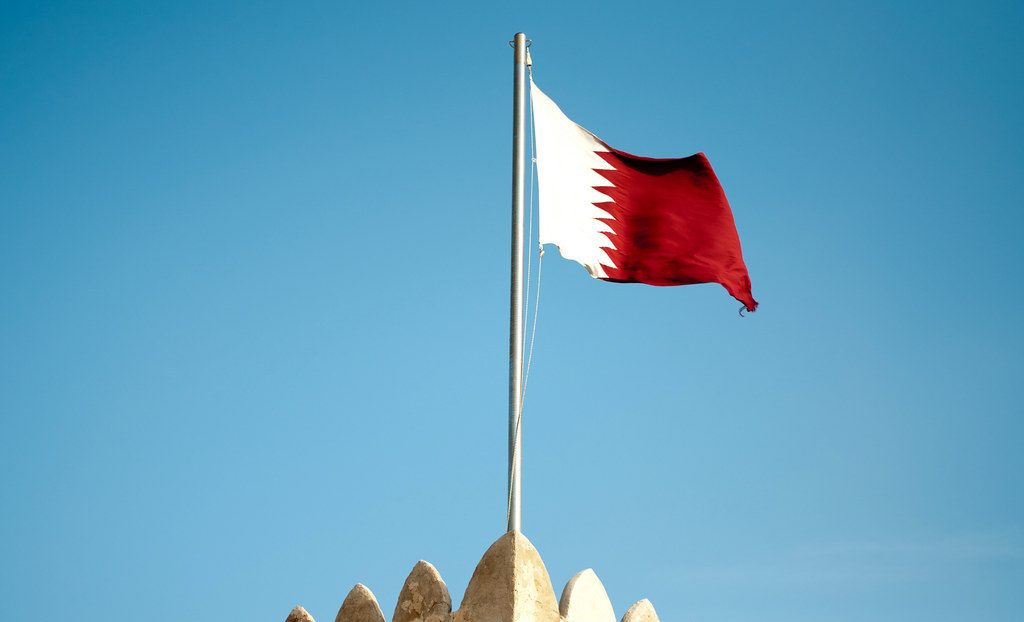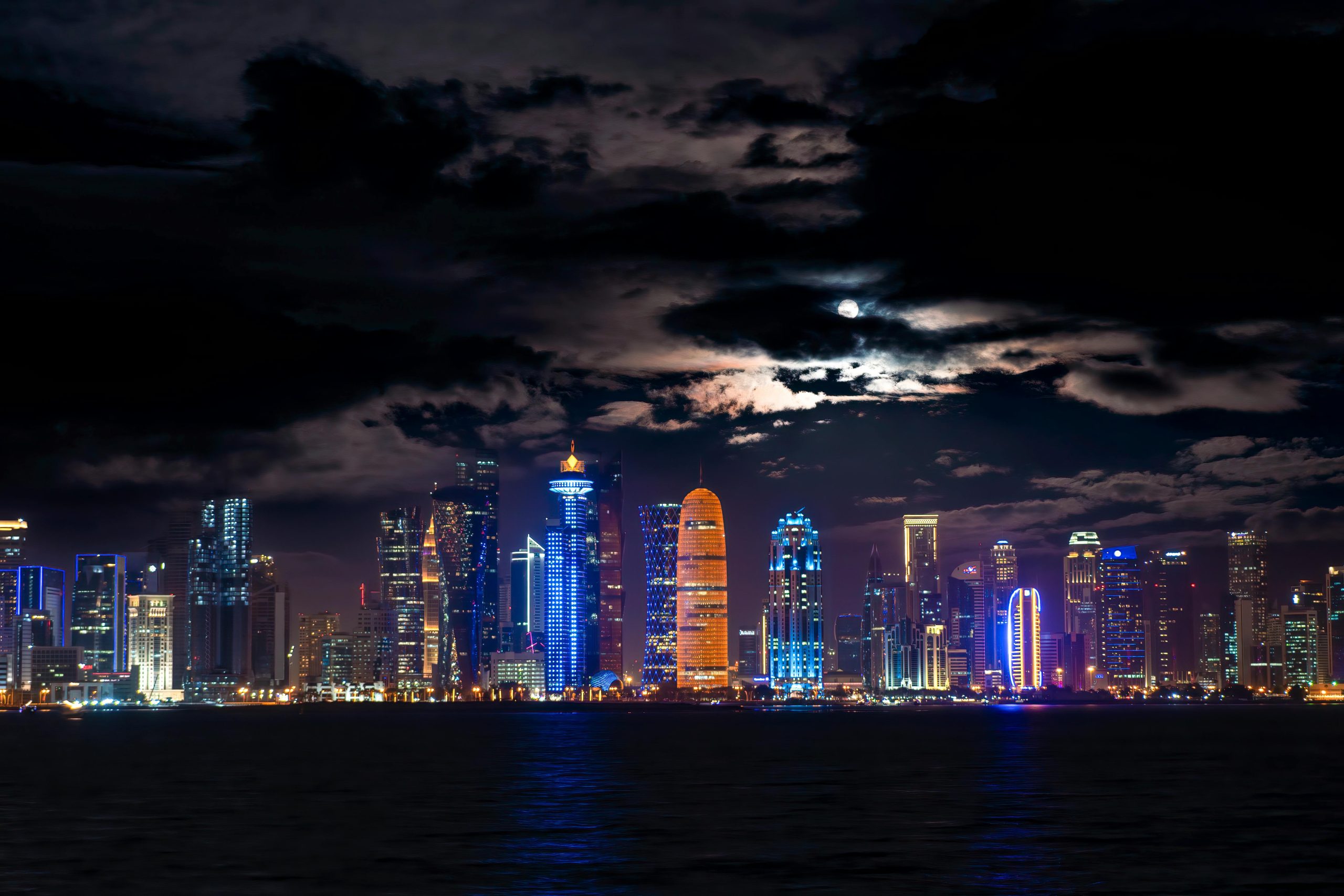On this International Day to Protect Education from Attack, we must recognize that it is not just the duty of those in affected regions. Protecting education requires an international commitment to uphold human rights and provide learning amid adversity.
Today and every year, September 9 marks the International Day to Protect Education from Attack serves as a poignant reminder of the ongoing struggles faced by millions of children around the world whose access to education is threatened by violence and conflict. This day emphasizes the critical need to safeguard educational institutions, support teachers, and protect students.
The theme for the fifth edition of this observance is “Unite to Protect,” highlighting the collective responsibility of nations and communities to act against educational violence.
It’s a responsibility that excludes no-one. And as the rise of conflict spreads at unprecedented scales and rates, it’s one that we must collectively act on immediately.
The plight of children in Sudan and Gaza
In Sudan, conflict and political turmoil have drastically impacted the lives of children, depriving them of the fundamental right to education. Schools have been targeted, teachers have fled, and countless children face uncertain futures in the midst of chaos. Hundreds of thousands of people face displacement and hunger.
That means, of course, that the educational infrastructure has been severely disrupted, leaving an entire generation at risk of losing opportunities for learning and development.
Meanwhile in Gaza, children endure a similarly harrowing reality. No university is still standing, with experts concerned that a scholasticide has surely taken place. Children and students have already lost a year of schooling, with no sign of return.
Years of blockade and conflict even before October 7 have led to significant challenges for educational access. The psychological and physical repercussions of living in a conflict zone are detrimental to children’s mental health and educational attainment, and Gaza has already had an acute crisis that’s only been exacerbated.
It is only more crucial that regions that require humanitarian aid and international support also receive the international advocacy they need to protect education and secure futures for millions of children.
The Role of Her Highness Sheikha Moza bint Nasser
A prominent advocate for education and children’s rights, Her Highness Sheikha Moza bint Nasser, has dedicated her efforts to addressing the challenges faced by children around the globe, including those in Sudan and Gaza. As a chairperson of the Qatar Foundation and through her initiatives such as the Educate A Child program, she plays a vital role in raising awareness and mobilizing resources to provide educational opportunities in conflict zones.
The Qatari royal has consistently emphasized the importance of united global action to ensure that education is not only a privilege for the few but a right for all children, regardless of their circumstances. By fostering partnerships with international organizations, governments, and NGOs, she works tirelessly to create solutions that protect educational institutions and ensure that children in conflict areas can continue to learn and thrive.
It is this commitment that we need on a global scale.
Education is fundamental to achieving lasting peace and development and societal progress. Ensuring that children in conflict zones have access to quality education is not just a matter of humanitarian concern; it is an investment in future peace and stability.
When children are educated, they are equipped with the knowledge and skills necessary to build resilient communities, challenge injustice, and contribute positively to society. As we strive to protect education, we must recognize it as the backbone of any thriving society and a crucial component in breaking the cycle of violence and poverty.
A Call to Action
As we observe the International Day to Protect Education from Attack, it is crucial to reflect on the significant challenges faced by children in Sudan, Gaza, and many other regions impacted by violence.
Protecting education from attack is not just the duty of those in affected regions. It requires an international commitment to uphold human rights and provide learning amid adversity.
As Her Highness Sheikha Moza leads with, we must believe in the power of education as a catalyst for change. It is essential to support initiatives that foster resilience in education systems worldwide, ensuring that no child is left behind.
This year, we should collectively renew our commitment to safeguarding education. As we unite to protect education, we also invest in a brighter future for generations to come, marking a safer world everywhere.
This article is an opinion piece by Maryam AlJassim and does not necessarily reflect the views of Doha News, its editorial board, or staff.
Maryam AlJassim is a marketing professional dedicated to strategizing the marketing and communications sector to new heights while preserving and celebrating the cultural heritage and community pride that propel Qatar.







